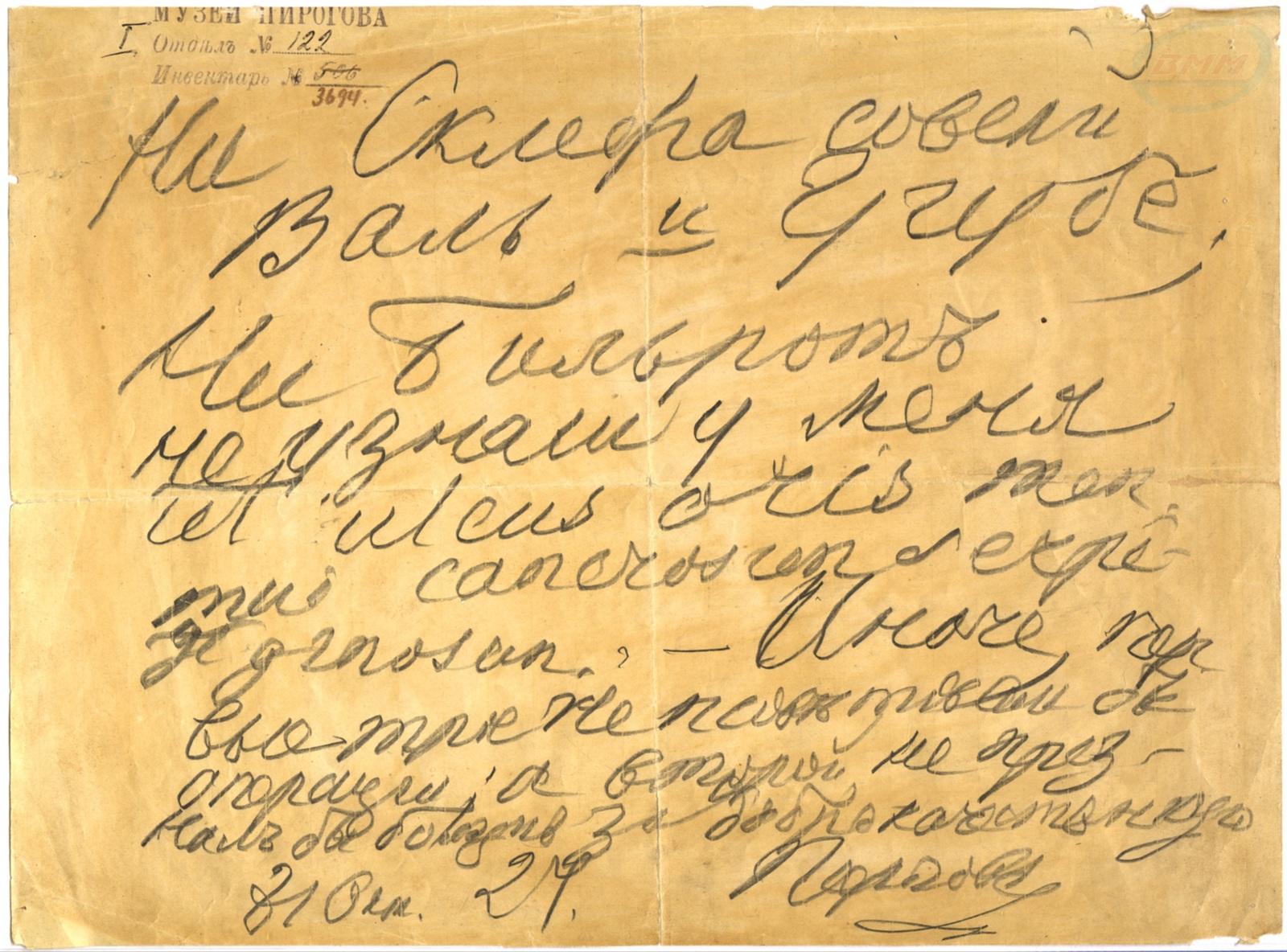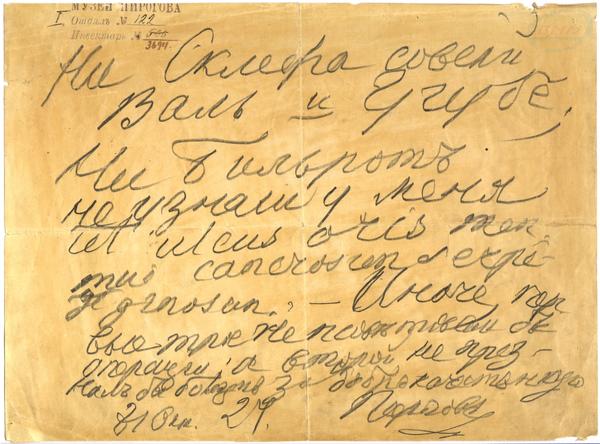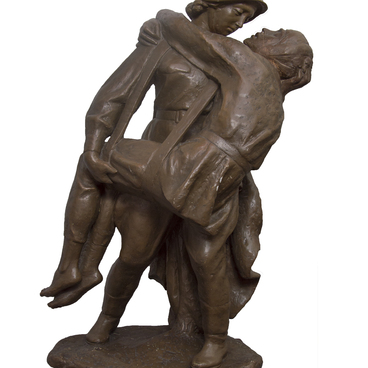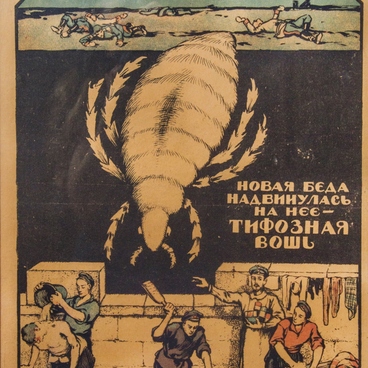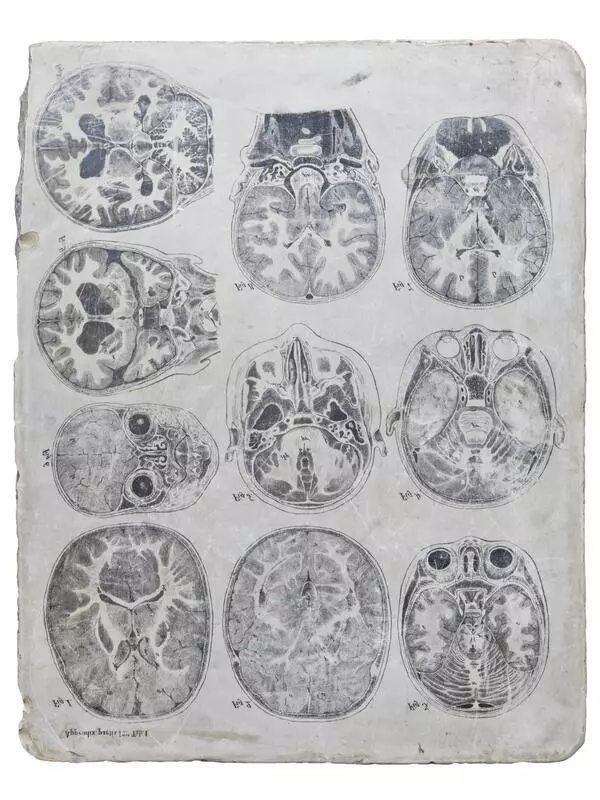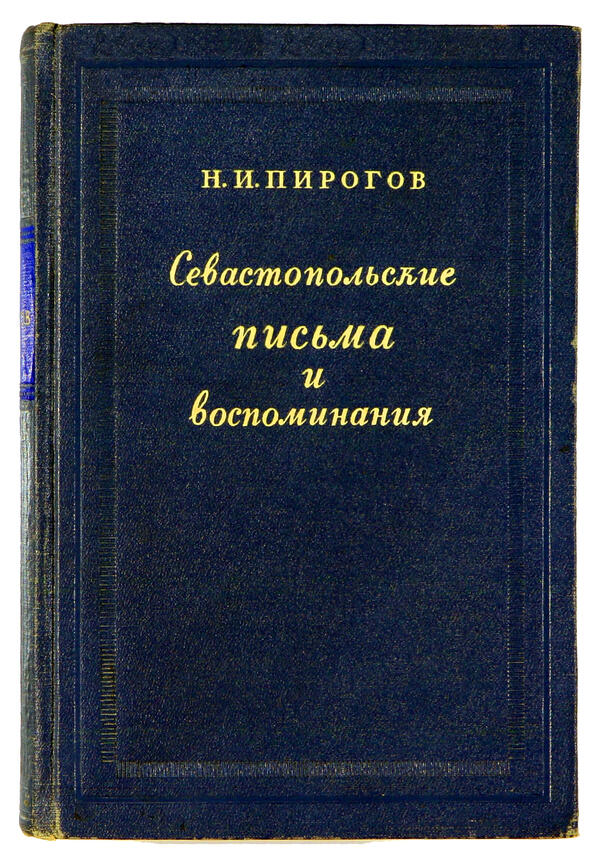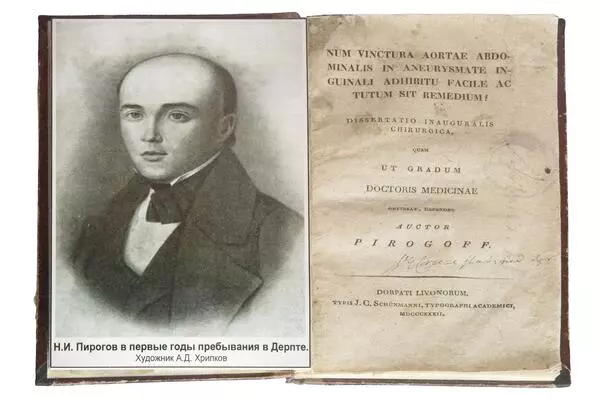In 1880, a surgeon Nikolay Pirogov began to notice that his health was deteriorating. At this time, he lost the last molar of the right upper jaw, but refused the prosthetic denture, as he could eat without it.
At the beginning of 1881, Pirogov picked up on the fact that salty and sour foods caused irritation and pain in his hard palate. At first, the affected area looked like an abrasion or burn. Then a fistula was formed there. Pirogov quit smoking, stopped eating solid food and switched to a milk diet. He began to suspect that a malignant process was developing in his body, but he tried to avoid the subject and focus on work.
Pirogov’s poor state of health was noticed by his wife Alexandra von Bistrom. She called in the doctor from Kiev Sergey Shklyarevskii, who was alongside Nikolay in the Balkan War. At the same time, Pirogov was visited by the hygienist Joseph Bertenson and the professor Nikolay Sklifosovsky. The worried wife was told by Sklifosovsky that the ulcer was not malignant, but the healing was hardly possible. The doctors decided to examine Pirogov in Moscow, where they planned to gather a concilium of eminent surgeons.
On May 25, 1881, Pirogov was consulted by Nikolay Sklifosovsky, the Dorpat professor Eduard von Wal, and the Kharkov professor Wilhelm Grube. A month later, he was examined by the Austrian surgeon Theodor Billroth. All experts agreed that Pirogov had a cancerous tumor. However, none of them took responsibility to inform the celebrated surgeon about a serious illness. Therefore, Pirogov lived in ignorant bliss for several more months, before he realized the truth.
Pirogov thought a lot about his disease and, 27 days before his death, came to the final conclusion that he had a malignant tumor of the upper jaw. He wrote a death note on a small piece of paper in large, uneven handwriting:
